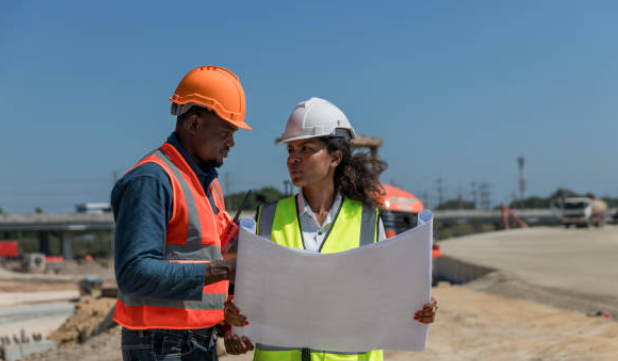
Posted on Monday, September 30, 2024
As the construction industry in the U.S. continues to evolve, building codes and safety regulations become increasingly stringent to ensure the safety, durability, and sustainability of structures. For manufacturers and contractors working with metal components, custom roll forming machines offer a flexible and efficient way to meet these rigorous standards. This article explores how custom roll forming technology plays a crucial role in helping businesses comply with U.S. building codes.
The U.S. does not operate under a single set of building codes; instead, regulations vary by state, city, and even specific types of buildings. For instance, seismic activity in California demands stricter building codes than in states with lower seismic risks. In coastal states like Florida, construction codes are stricter regarding wind and hurricane resistance.
Custom roll forming machines allow manufacturers to produce metal profiles that are tailored to these regional requirements. Whether it’s designing stronger beams, panels, or structural elements that meet hurricane or seismic standards, roll forming machines enable precise customization to adhere to varying state and local codes.
Building codes also focus on the quality of construction materials. Standards set by bodies like the American Iron and Steel Institute (AISI) or the International Code Council (ICC) ensure that metal components used in buildings meet minimum safety requirements for load-bearing capacity, fire resistance, and corrosion protection.
Custom roll forming machines ensure consistent quality control in every production run. By using state-of-the-art technology, they can produce uniform metal parts with tight tolerances. This consistency ensures that each piece meets code requirements, reducing the risk of structural issues during construction or throughout the building’s lifespan.
In addition to the strength and durability of metal components, custom roll forming machines can work with various materials and coatings that are compliant with specific building codes. For example, metal panels may require coatings that enhance fire resistance or resist corrosion in specific environments, such as coastal regions.
Custom machines allow for flexibility in using different types of metals and coatings, such as galvanized steel or aluminum, ensuring that manufacturers can meet the material requirements set forth in building codes while also offering additional durability.
With a growing focus on sustainability and energy efficiency, many U.S. states have incorporated standards that promote eco-friendly building practices. Custom roll forming machines allow manufacturers to produce energy-efficient metal roofing, siding, and insulation systems that help buildings achieve certifications like LEED (Leadership in Energy and Environmental Design).
From producing metal panels that enhance energy efficiency to using recycled materials that meet environmental standards, custom roll forming technology helps companies stay ahead in a market that increasingly demands sustainable building practices.
Meeting tight deadlines while complying with strict building codes is always a challenge for contractors. Custom roll forming machines enhance the speed and efficiency of metal component production, ensuring that contractors can meet project schedules without sacrificing quality or compliance. Automated systems can produce large quantities of parts while maintaining the precision needed to meet code specifications.
Custom roll forming machines are an essential tool for U.S. manufacturers and contractors who must navigate the complexities of building codes across various states. By offering flexibility in design, ensuring high-quality output, and supporting the use of compliant materials, these machines make it easier for businesses to produce metal components that not only meet but often exceed U.S. building code standards.

Used Purlin Roll Forming Machines for Sale Worldwide
Posted on Sunday, January 25, 2026
Pre-Owned Roll Forming Machines for Purlin & Structural Steel Profiles

Used Roof Panel Roll Forming Machines for Sale Worldwide
Posted on Sunday, January 25, 2026
Pre-Owned Roll Forming Machines for Roofing Panel Production

Used Roll Forming Machines for Sale Worldwide
Posted on Tuesday, January 20, 2026
Pre-Owned Roll Forming Machines with Inspection, Verification & Global Support

Steel Coil Supply for Roll Forming Machines Worldwide
Posted on Tuesday, January 20, 2026
Reliable Steel Coil Supply for Roll Forming, Fabrication & Manufacturing Applications
Copyright 2026 © Machine Matcher.